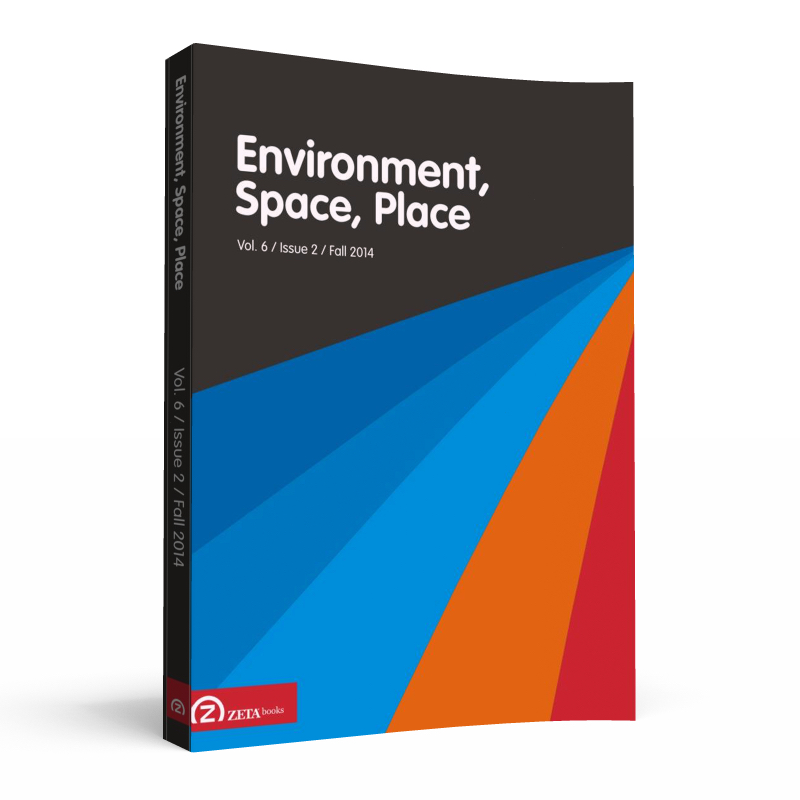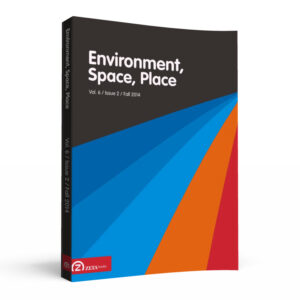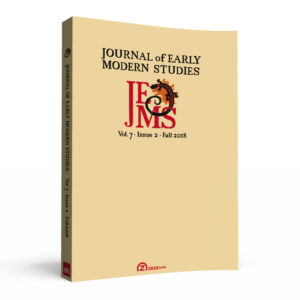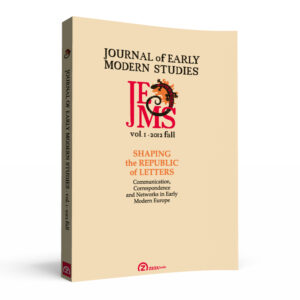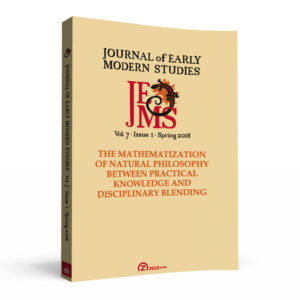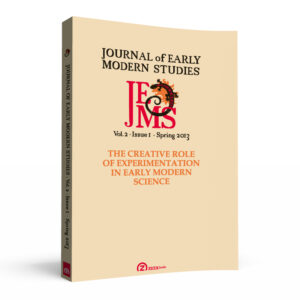CONTENTS
Jeffery B. WEBB: Pennsylvania’s Promotional Literature and the Cultivation of Quaker Civility in the Early Modern Atlantic World
- ABSTRACT: Between 1681-1725, several Quaker writers promoted settlement in Pennsylvania to English and continental readers. This promotional literature attempted to persuade investors to support the venture, and to attract potential émigrés to settle in the province. These texts described the landscape as having been improved by Quakers through clearing the land, laying out farms and towns, and refining the built environment. This widely circulated image of an improved landscape joined with other writings to refute the charge that Quaker incivility disqualified Friends for government during a volatile era of English politics. Pennsylvania’s improvement gave weight to the claims of William Penn and others that Friends deserved not only religious toleration in England but political authority as well, in the American provinces and throughout the Atlantic World.
Daryn REYMAN-LOCK: The Triumphal Arches of Gallia Narbonensis: Iconography, Boundary and Identity
- ABSTRACT: Often the term “Roman frontiers” is used to refer to the outer borders of the empire and, in some instances, the physical limes systems that demarcated the extent of Roman rule. However, it is also possible to discuss the frontiers of the internal provinces, some of which offered important strategic and political advantages to the Romans. Certainly, this is true of Gallia Narbonensis, an internal province that is modern-day Southern France and the Rhône Valley. Here, early Augustan urbanization schemes and imperial policy underlined the beneficial relationship between indigenous populations and the Roman military and aristocracy, resulting in urban and provincial landscapes that defined borders relevant to not only local urban populations, but also foreigners – Roman subjects and “barbarians” alike. One way to identify these ideological frontiers is through the examination of Narbonensian triumphal architecture, particularly arches. Triumphal arches are more prevalent in Gallia Narbonensis than in any other province in the Western Empire. During the early stages of imperial expansion, Augustus began new phase of triumphal iconography that took into account the differing secular ideologies of the frontier and interior. Where the aggressive and militaristic traditions of border tribes were used as a means to defend the Empire, the populations of the interior were demilitarized – an act which was called peace by the imperial government. The non-military virtue, in addition to urbanization, set those identified as Roman apart from those seen as barbarian.
Kishwar HABIB; Hilde HEYNEN; Bruno De MEULDER: (Un)covering the Face of Dhaka: Gender politics and public space in the post-colonial city
- Abstract: Socio-spatial conditions for women in Dhaka are very specific and highly contradictory. This article traces some of these contradictions by looking at the multilayered presence of women in public space—where public space is defined as both the space of politics and public discourse, and the physical space of streets, parks and squares. By analyzing the presence of women in public space, it is argued that one can observe a continuous tension within these spaces between ‘official’ discourses and often repeated ideas that stress equal rights for women on the one hand and a whole series of everyday practices on the other that rather tend to make women’s presence in public space marginal.
Cyrus SHAHAN: Hope and Suspicion: Alexander Kluge, Peter Sloterdijk, and the Non-Existent
- ABSTRACT: This essay theorizes a spatial-affective strategy from the discursive silence between Alexander Kluge and Peter Sloterdijk. Using as a springboard their discussion of a film that Sergei Eisenstein never made, I identify two possibilities of agency in an age of late globalization: Kluge’s faith in the possibility of liberating processes and spaces and Sloterdijk’s mistrust in the hegemonic structures of contemporary society. The difference between those agentive-affective possibilities gives rise to distinct strategies for a subjective geography capable of countering the violent and virtual spaces of late globalization. Rather than declaring one philosopher’s strategy the path to luck, this essay tests how each can be mobilized. Thereby, the crucial location of humans in spaces normally constrained by capitalism’s rhetoric of terror and safety can instead become—though hope or suspicion—spaces engendering more plural subjects.
REVIEWS
Linda MCCARTHY: Detroit: An American Autopsy. By Charlie LeDuff
Alex ZUKAS: Tierralismo: Stories from a Cooperative Farm. Directed by Alejandro Ramírez Anderson

